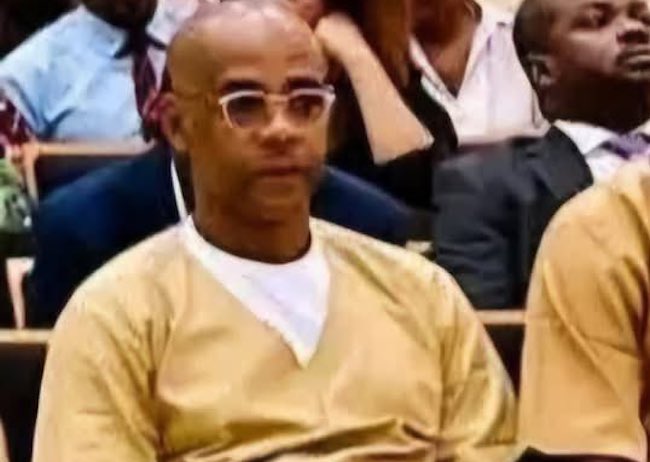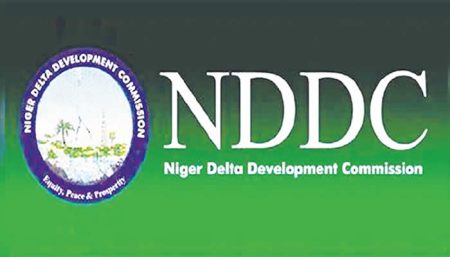The Downfall of Baltasar Engonga: A Tale of Corruption, Sextapes, and Impending Imprisonment
Baltasar Engonga, the former Director General of the National Financial Investigation Agency in Equatorial Guinea, finds himself entangled in a web of corruption allegations, facing an 18-year prison sentence. His trial, unfolding in a Malabo courtroom, paints a picture of sophisticated embezzlement schemes, abuse of power, and a shocking collection of sextapes involving high-profile women. The case has captivated the nation, exposing the dark underbelly of power and privilege within Equatorial Guinea’s elite circles.
Engonga’s legal troubles stem from his tenure as head of the Directorate General of Insurance and Reinsurance, a position he held from 2015 to 2020. Prosecutors allege that during this period, Engonga orchestrated a complex network of financial maneuvering to divert public funds for personal enrichment. The details of the scheme, meticulously presented in court, reveal a calculated betrayal of public trust, with Engonga allegedly at the helm of the operation. The severity of the charges against him reflects the magnitude of the alleged crimes, with prosecutors seeking an eight-year sentence for embezzlement, four years and five months for unlawful enrichment, and six years and one day for abuse of power. In addition to these potential prison terms, Engonga faces a hefty fine of over 910 million CFA francs (approximately $1.5 million) and a ban from holding public office for the duration of his sentence.
The trial extends beyond Engonga, implicating six other former senior government officials in the alleged corruption ring. Figures like Carmelo Julio Matogo Ndong, Ireneo Mangue Monsuy Afana, and Florentina Iganga Iñandji stand accused of participating in the misappropriation of public funds, solidifying the narrative of a widespread network of financial malfeasance within the government. The prosecution’s case depicts a systemic issue, suggesting that corruption had permeated the highest levels of authority. The trial, scheduled to span three days, is a critical moment for Equatorial Guinea’s justice system, as it grapples with holding powerful individuals accountable for their actions.
Adding a salacious twist to the already scandalous narrative, the investigation into Engonga’s financial dealings unearthed a trove of over 400 sextapes featuring prominent women in the country. The discovery of these videos, reportedly recorded with consent, has ignited a media firestorm, further tarnishing Engonga’s reputation and adding a layer of moral outrage to the corruption charges. The revelation of the tapes has widened the scope of the scandal, implicating not only Engonga but also the women involved, many of whom hold positions of influence.
The sextapes, found in Engonga’s office and home during a surprise search by ANIF officials, allegedly feature a cast of high-profile individuals, including his brother’s wife, his cousin, the sister of the President of Equatorial Guinea, the wife of the Director General of Police, and the wives of approximately 20 government ministers. The leak of these videos online has fueled public speculation and condemnation, adding a dimension of personal betrayal and social scandal to the unfolding legal drama.
The Engonga trial stands as a pivotal moment for Equatorial Guinea. It serves as a test of the country’s judicial system and its ability to address corruption at the highest levels. The outcome of the trial will send a message about the consequences of abusing power and engaging in financial misconduct. The case also raises broader questions about the culture of impunity that may have allowed such alleged corruption to flourish. As the trial progresses, the nation watches closely, awaiting the verdict and its implications for the future of governance and accountability in Equatorial Guinea. The intersection of corruption, sex scandals, and high-profile individuals has created a captivating drama, one that has gripped the public and sparked conversations about power, morality, and the rule of law. The trial is not merely about the fate of Baltasar Engonga; it is about the future of Equatorial Guinea and its commitment to transparency and justice.













